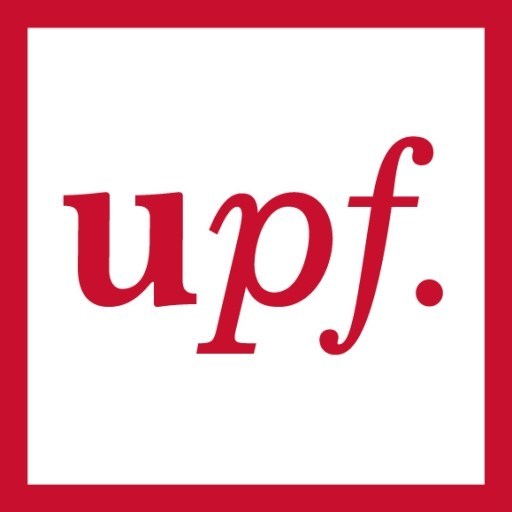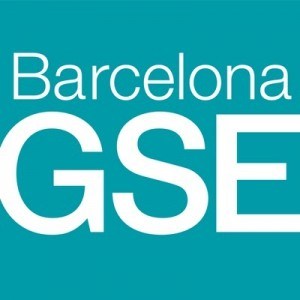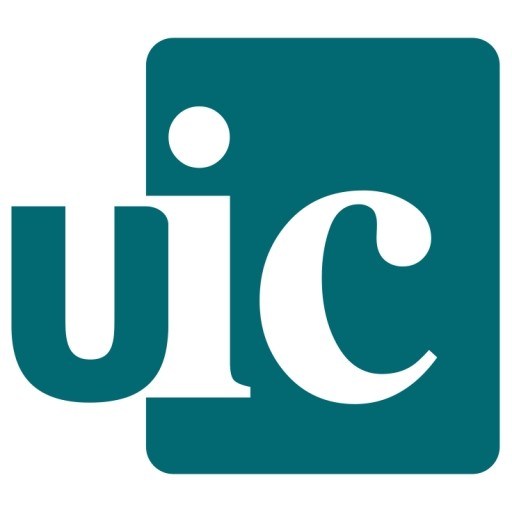Photos of university
Linguistic, national, ethnic, religious and cultural diversity is a consolidated reality in the world of modern democracies and is a trend of growing importance. The first decades of the 21st century are a testimony of a process of political, economic and technological change with global and irreversible characteristics that raises both challenges and opportunities for modern liberal democracies.
The main objective of this official master's programme is to prepare high-level academicians and professionals in the area of political theory, with the capacity of becoming specialists who can compete successfully in international academic and professional sphere. To achieve this, an advanced level of knowledge has to be attained, with special emphasis on the handling of methods and techniques with which to analyse the practical transformation of current societies and influence them. The master's degree therefore seeks to develop generic competences that will enhance the holder's professional activity in relation to their capacity of analysis, synthesis and communication; the capacity of adapting to new situations and the creation of new knowledge; interpersonal relationship skills in an international context; and ethical responsibility.
From the outset the intention has been for the programme to be completely consistent with the values and basic principles of respect for democratic rights, equal opportunities, promotion and safeguarding of peace, general equality and accessibility to persons with disabilities.
On completing it, the student will be capable of:
- Understanding the main theories and approaches of political theory
- Understanding the institutions and processes of democratic and federal political systems
- Understanding the structure and processes of the political players in different societies
- Understanding the value and concepts of the legitimating processes in culturally diverse democracies
- Recognizing and understanding the theories of democracy, federalism, and nationalism
- Defining and understanding the historic dimension of multiculturalism in modern democracies
- Operating with theoretical, quantitative, qualitative and comparative research data
Module 1 (compulsory): Methods and Research Techniques (15 ECTS credits)
- Qualitative Research Methods (Evren Yalaz)
- Fundamentals of Political and Social Research (Aina Gallego)
- Political Theory in the 21st Century (visiting professor: Chiara Bottici)
Module 2 (compulsory): Fundamentals of Political Theory and Political Science (10 ECTS credits)
- Democracy and Political Liberalism: theoretical and institutional features (Ferran Requejo)
- Federalism and Federations: political theory and comparative politics (Klaus-Jürgen Nagel)
Module 3 (optional courses): Deepening in some areas of Political Theory and Political Sciences (15 ECTS - choose three courses)*
- Current Research on Diverse Democracies (visiting professor: Montserrat Gibernau)
- Multilevel Political Competition: Parties, Citizens and Elections (Carolina Galais)
- The current financial and economic crises and their impact on the social wellbeing of populations (Vicenç Navarro)
- Actors and Institutions in the Analysis of Public Policy (Visnja Vukov)
- Migration and Society (Pau Baizán)
- The Construction of the EU and its Consequences on the European Population (Javier Arregui)
- Nationalism Today (Klaus-Jürgen Nagel)
- Diversity and Immigration Policies (Ricard Zapata)
- Electoral Systems (Ignacio Lago)
- Techniques of Statistical Analysis I (Group 1-John Palmer/Group 2- Jorge Rodríguez)
- Techniques of Statistical Analysis II (Group 1-Aïda Soler /Group 2- Bruno Arpino)
Module 4 (compulsory): Final Research Paper (20 ECTS)
Each student will be assigned a supervisor, chosen among all the professors of the programme (with the exception of the visiting professors).
Requirements
- Official undergraduate degree/diploma and the academic transcript of the accredited official training with the average grade at the university of origin.
- Curriculum Vitae in English.
- A letter of motivation in English stating the candidate's interest in following the master's programme (400 to 600 words).
- Two academic or professional letters of reccommendation (free-form and with the letterhead of the issuing institution).
- Identity Card or Passport.
- Proof of English language (level B2). English: official Cambridge certificates (FCE or higher), with results of 6.0 at IELTS or 100 at TOEFL (iBT), will be accepted, among others.
- Undergraduate degree of 240 ECTS credits.
- Professional experience in any of the fields related to the master's programme.(optional)
- Research experience.(optional)
- Teaching experience. (optional)
- Additional academic training in areas related to the master's programme.(optional)
Scholarships
- GRAL - General scholarships for students enrolled on post-compulsory studies.
- MATRC - Financial credential for the purposes of processing university enrolments without prior payment of the public prices for the academic services.
- UPF - Tuition fee scholarship for university master's degree students
- Global Education
- The University Pompeu Fabra offers one 2.000 € grant (amount to be discounted from the tuition fees) to those students enrolled in the Master in Current Democracies: Nationalism, Federalism and Multiculturalism.
The Master's Degree in Current Democracies: Nationalism, Federalism and Multiculturalism at Pompeu Fabra University offers a comprehensive and multidisciplinary approach to understanding the complex structures and dynamics of modern democratic societies. This program is designed to analyze the contemporary challenges faced by democracies, including issues related to nationalism, federalism, and multiculturalism, which are highly relevant in today's globalized world. The curriculum encompasses political science, sociology, law, and history to provide students with a well-rounded perspective on how democratic institutions function and evolve in diverse national contexts.
Students enrolling in this master's program will explore themes such as the rise of nationalist movements, the processes and debates surrounding federalism and decentralization, and the management of multicultural diversity within democratic states. The program emphasizes critical thinking and analytical skills, encouraging students to evaluate different theoretical paradigms and empirical case studies from Europe and beyond. Through a combination of lectures, seminars, and research projects, students gain deep insights into the political, social, and legal aspects of current democracies.
Moreover, the program promotes an understanding of the historical roots of nationalism and federalism, as well as the current issues related to cultural integration, identity politics, and regional autonomy. The program also addresses the implications of globalization and technological change for democratic governance and citizenship. Graduates will be equipped to work in academic, policy-making, and consulting roles, contributing to debates and solutions related to national identity, regional autonomy, and intercultural dialogue.
The faculty involved in delivering this program consists of leading researchers and practitioners in the fields of political science, law, and sociology. The university’s international orientation provides students with opportunities for academic exchange and interaction with a diverse student body representing various countries and perspectives. This ensures that graduates are prepared to engage with complex democratic challenges on both national and international levels.
The program is suitable for students with backgrounds in political science, law, sociology, history, or related fields who aim to deepen their understanding of the issues shaping contemporary democracies. It constitutes a vital stepping stone for those interested in careers in government, international organizations, NGOs, or academia. As the program is grounded in current research and real-world relevance, it equips students with the knowledge and skills necessary to analyze and influence the evolving landscape of democracy in the 21st century.





